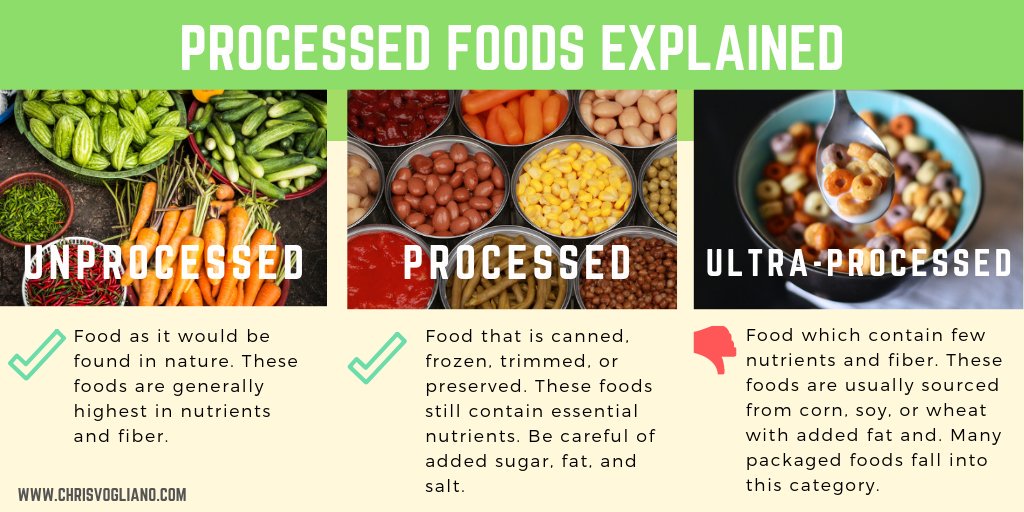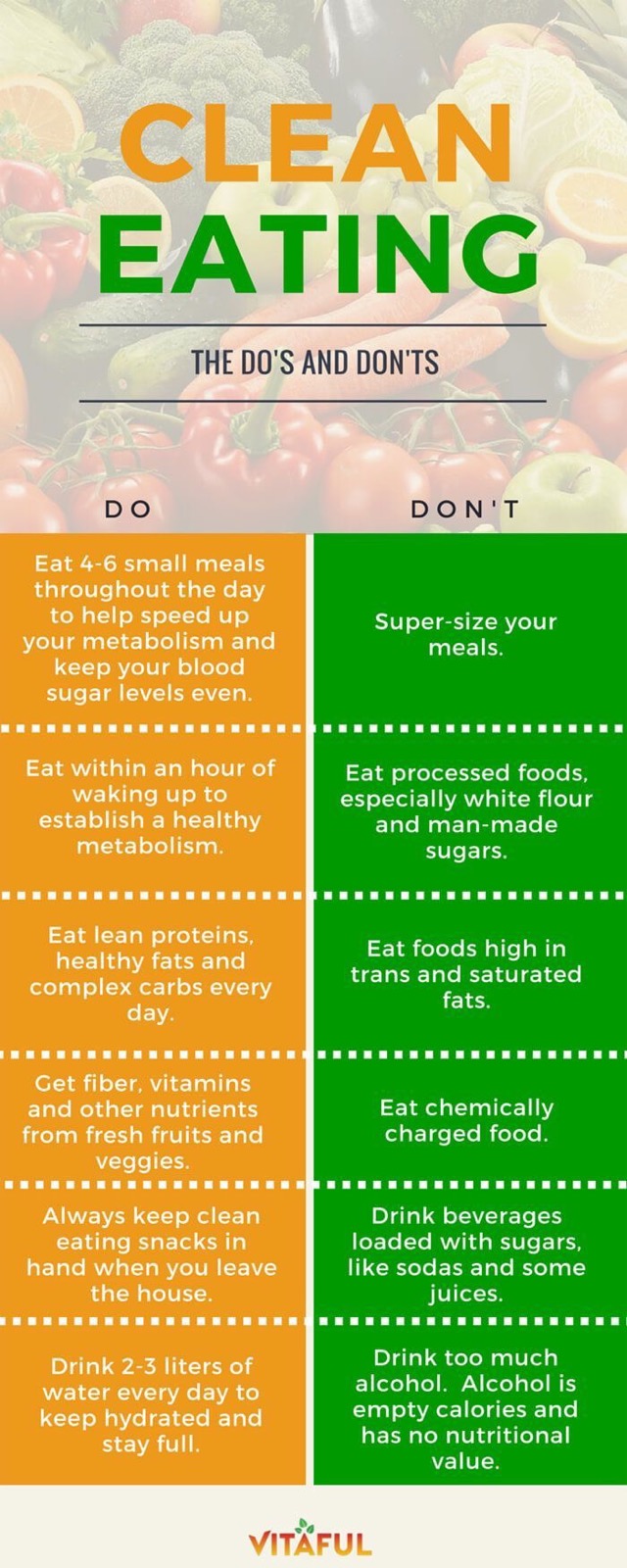Did you know much of the average American diet consists of 60% of ultra-processed foods? You know the processed foods, the kind made irresistible by sugar, fat, and salt. Let’s examine the question, what processed food does to the body?
 Most of the food we eat today, processed in some way. Some foods have ingredients added, some fortified to add nutrients, many prepared for convenience and some packaged to last longer or food safety.
Most of the food we eat today, processed in some way. Some foods have ingredients added, some fortified to add nutrients, many prepared for convenience and some packaged to last longer or food safety.
Last week I shared five science-based ways to help you drink from the fountain of youth. One lifestyle must, a habit of eating a healthy diet. Why? Because eating healthy food can help lower the risk of certain diseases and ward off obesity.

 Image credit: http://www.chrisvogliano.com[/caption%5D
Image credit: http://www.chrisvogliano.com[/caption%5D
What are processed foods? First, let’s start with unprocessed foods. Unprocessed foods – the most nutritious foods include fruits and veggies found in the produce aisle, your garden, or the farmer’s market. These foods, generally highest in nutrients and fiber.
Next up, processed food, canned, frozen, trimmed, or preserved. These products still contain essential nutrients. Be careful of added sugar fat, and salt.
Lastly, ultra-processed. Foods which contains few nutrients and fiber. These, usually sourced from corn, soy, or wheat with added fat. Package items fall into this category.
Enter the new buzzword, clean eating. Clean eating is when you eat food in its most natural state. Below is an infographic highlighting some key do’s and don’ts of clean eating:
A recent study published in the journal Cell Metabolism shows that their low price and convenience come at a cost to health. The study, scientists put 20 healthy adults in a lab for a month, given one of two meal plans:
Meal Plan # 1 Highly processed:
Canned ravioli, chicken nuggets, bagels, and diet lemonade
Meal Plan # 2 Unprocessed:
Salads, scrambled eggs, oatmeal, and nuts
The diets had nearly identical nutrient profiles, with the same amount of sugar, fat, sodium, fiber, and more. But on the highly-processed diet, the people ate about 500 more calories per day and gained about two pounds over the two weeks. The unprocessed group lost about the same amount.
Those on the highly processed diet ate faster, too, which could be one reason they gained more weight. “Ultra-processed foods tend to be softer, which makes it easier to chew and swallow, says Keith Hall, lead author of the study. “One of the theories is that if you’re eating more quickly, you’re not giving your gut enough time to signal to your brain that you’ve had enough calories…and stop eating. By the time the brain gets that signal, it’s too late.”
According to Keith, “People’s hormones also changed depending on how processed their meals were. Even though people said, they felt equally full and satisfied with both diets, the unprocessed food led to an increase in an appetite-suppressing hormone and a decrease in the hunger hormone.”
Bottom line, when people ate a diet full of ultra-processed foods, they consumed more calories and gained more weight than those that ate a minimally processed diet. The results suggest the importance of identifying and eating healthy foods.
Have you too become a label reader while food shopping? Or have you started your garden to avoid processed food? Comment on Facebook or the Disqus app.
As always, thank you for reading. Have a fabulous week.




